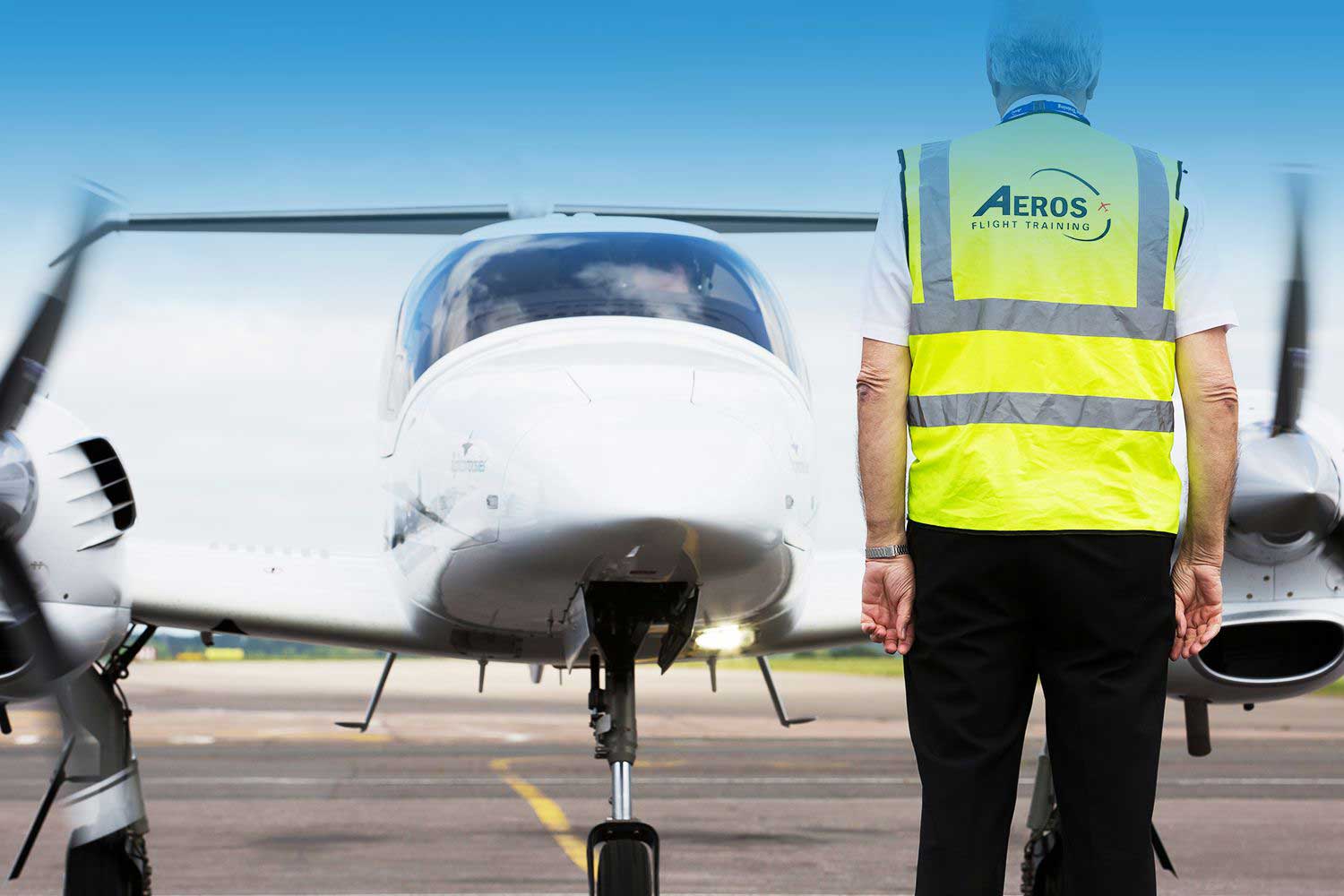The role of flight training academies in shaping professional pilots

From Ground Zero to the Cockpit: The Role of Flight Training Academies in Shaping Professional Pilots
For aspiring pilots, the journey from dreaming of soaring through the clouds to confidently commanding an aircraft is a rigorous and transformative one. At the heart of this transformation lie flight training academies, institutions that act as the crucible where raw passion is molded into the skills and knowledge needed to become a professional pilot.
These academies are not just about learning to fly. They are about instilling a meticulous approach to safety, fostering critical thinking skills, and building the confidence and discipline necessary to operate a complex machine safely and efficiently.
More than Just Flying Lessons:
Flight training academies offer a comprehensive curriculum that extends far beyond the basics of piloting. They provide rigorous theoretical grounding in aerodynamics, meteorology, navigation, and aircraft systems. This knowledge, coupled with practical flight experience, equips pilots with a deep understanding of the complexities of flight and the ability to make informed decisions in dynamic and often challenging environments.
Beyond the Textbook: Cultivating a Safety Culture:
At the core of any successful flight training academy is an unwavering commitment to safety. From the initial stages of instruction, students are ingrained with a safety-first mentality. Flight simulators, advanced training devices, and rigorous flight checks ensure that pilots develop the necessary skills and instincts to react calmly and effectively in unforeseen situations.
The Importance of Professionalism:
The training goes beyond technical skills. Flight academies cultivate a culture of professionalism, emphasizing teamwork, communication, and leadership. Students learn to work effectively as part of a crew, understand the intricacies of aviation regulations, and develop the communication skills necessary to interact confidently and professionally with passengers, air traffic control, and other aviation professionals.
Building Confidence and Resilience:
Flight training is a demanding endeavor, requiring resilience, dedication, and a constant pursuit of improvement. The challenges encountered during training build confidence, sharpen decision-making abilities, and instill a sense of responsibility that is essential for navigating the complexities of a professional pilot’s life.
The Foundation for a Lifelong Journey:
Graduation from a flight training academy is not the end of the journey, but rather the beginning. The skills and knowledge acquired provide a solid foundation for continued growth and development throughout a pilot’s career. Whether pursuing a career in commercial aviation, private flying, or specialized fields like air ambulance or aerial photography, the training received at a flight academy provides the necessary tools for success.
Conclusion:
Flight training academies are crucial in shaping professional pilots. They act as the bridge between dreams and reality, nurturing raw talent and turning it into a skilled and responsible pilot. By combining rigorous training with a strong emphasis on safety, professionalism, and continuous learning, these academies play a vital role in ensuring the safety and efficiency of the global aviation industry, allowing pilots to safely navigate the skies and connect people across continents.

